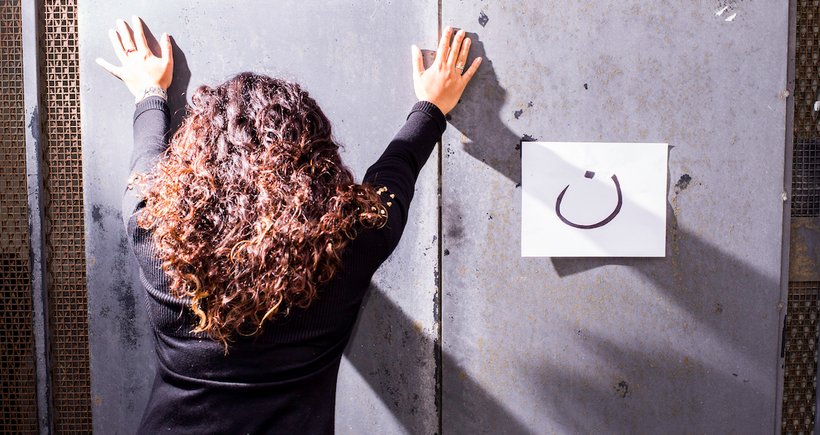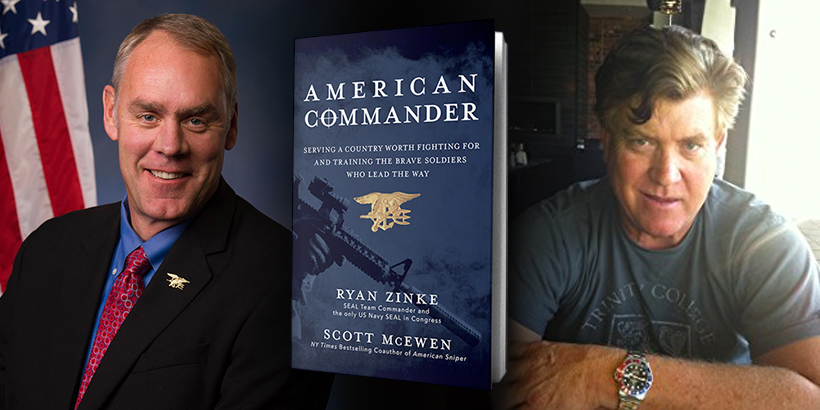
We are in the midst of Holy Week, a time filled with both highs and lows as we follow Jesus’s path from crucifixion to resurrection. In the Christian faith, this is our most sacred occasion. It also serves as an opportunity to spend time with family and loved ones.
Sadly, for too many people around the world, Holy Week is a dangerous time. This is especially true for Christians in the Middle East who suffer extreme persecution. In fact, groups like the Islamic State of Iraq and Syria (ISIS) search for and kill Christians simply because of their religious beliefs.
This is especially heartbreaking because the Middle East was the birthplace of Christianity. In the very place where Jesus once walked, Christians are being attacked, raped, and murdered while religious buildings and artifacts are being destroyed.
The numbers in Iraq paint a clear and disheartening picture of the plight of Christians in the Middle East. In 2003, there were 1.5 million Christians in Iraq; that number is now down to 275,000. Mosul, a city in northern Iraq, used to be home to a thriving Christian community, but the city is now under the control of ISIS and their radical Islamic rule.
A debate recently broke out in Washington over whether ISIS is committing genocide by killing Christians and other religious minorities. Genocide is defined as the deliberate killing of a large group of people, especially those of a particular ethnic group or nation.
To me, it is obvious that ISIS is committing genocide by systematically killing Christians. Last year, Congress passed legislation that set a deadline of March 17, 2016 for the U.S. State Department to officially declare that ISIS is committing genocide.
Months went by without any action by the State Department. Many of my colleagues and I grew restless watching the State Department and Secretary of State John Kerry drag their feet. Groups across the country, like the Knights of Columbus and In Defense of Christians, called on the State Department to act.
The House of Representatives got tired of waiting, and last Monday we passed a resolution expressing the sense of Congress that ISIS is committing genocide against Christians. This resolution passed by an overwhelming, bipartisan vote of 393 to 0. The vote sent a strong message to the State Department that they needed to act.
Finally, on Thursday, Secretary of State John Kerry declared that ISIS is committing genocide against Christians and other religious minorities in the Middle East. Our pressure paid off!
This declaration is about more than just a word. In fact, the declaration of genocide is incredibly rare and it has serious implications. The designation will help build international support for combatting ISIS and their brutal tactics. It will also help bring more resources to help Christians in the region, as well as those who are fleeing violence.
Of course, the declaration alone will not be enough. We must continue working to defeat ISIS and stand up for human rights of Christians and other religious minorities in the region.
Most importantly, we should not and cannot become discouraged or angry. Instead, as Christians, we should stand strong in our faith and continue promoting religious freedom and tolerance.
Let’s not forget the Christian faith is based on love and tolerance, even of those with whom you may not agree. As is written in John 13:34, “A new command I give you: Love one another. As I have loved you, so you must love one another.”
So, this Easter, may we all say a prayer for Christians and religious minorities in the Middle East and pray that love and tolerance take hold in the region.












